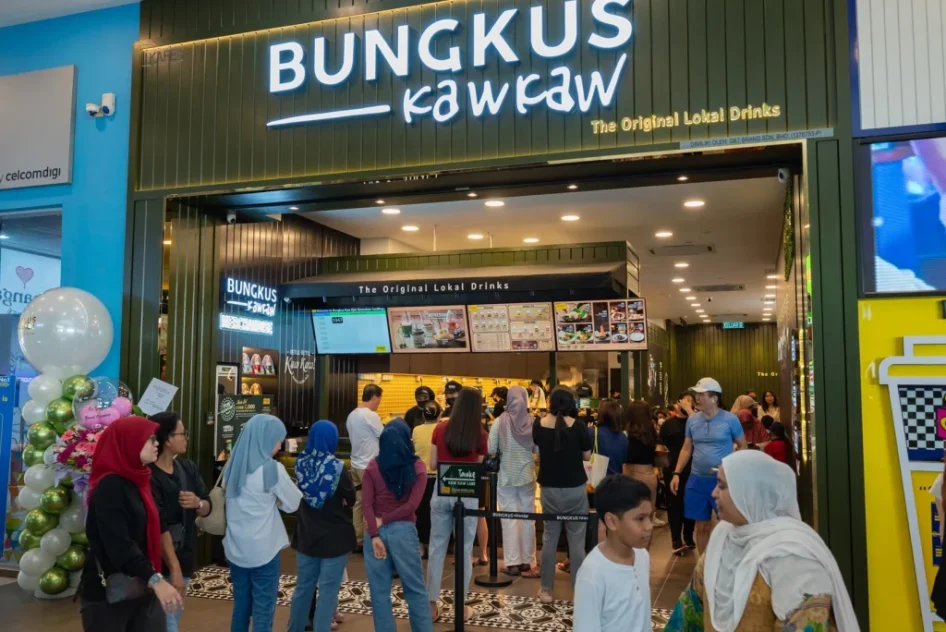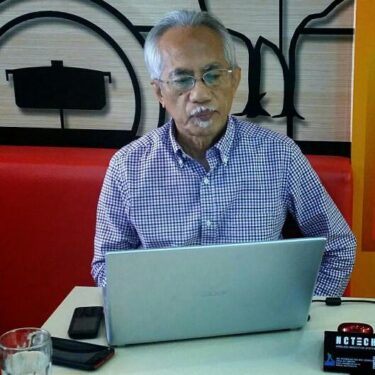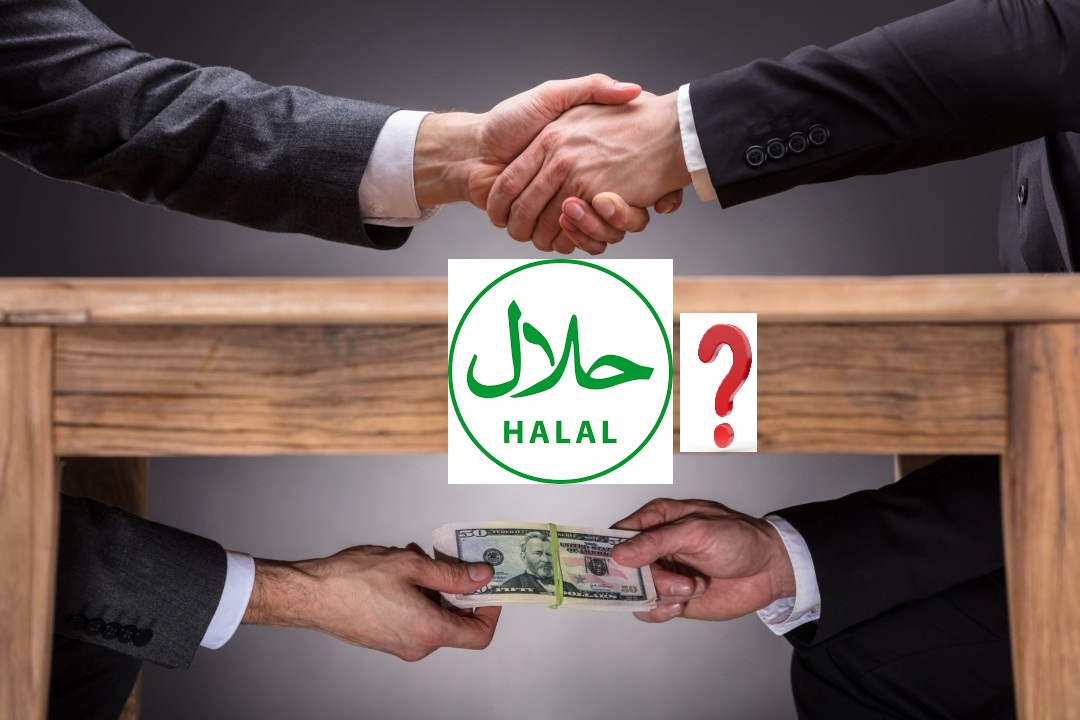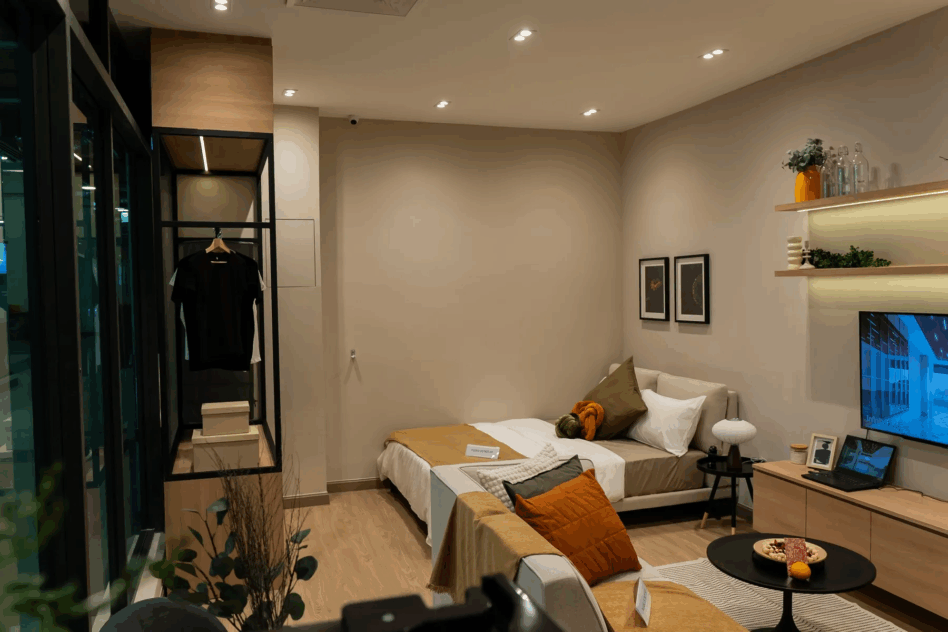VETERAN journalist and blogger Datuk A. Kadir Jasin has taken a swipe at the hypocrisy of some Muslims who harped on the necessity for non-Muslim owned food and beverage (F&B) premises to possess halal certifications yet condone corrupt practices.
“Let’s not be fussy, emotional, communal and political until we lose our minds over what is halal and what is not. Nobody forces us to eat what we don’t want to eat,” he penned in his latest Facebook post.
“It is true that for some Muslims, the halal certification is very important. But let’s not get into dispute over the halal certificate but quietly gobble up bribe money.”
Earlier, Kadir urged Malaysians to abstain from “fighting” because there are many food options in Malaysia.
“There’re many Malay shops and stalls. But it’s rare to find Malay shops and stalls that have a halal certificate,” observed the national journalism laureate.
“Foreigners who prioritise halal food but are not familiar with Malaysia will not take the risk of eating in a shop that doesn’t” possess halal certification. Not all of them know which one is Malay and which one isn’t Malay. They may not even know that Malays in Malaysia must be Muslim. Or not all non-Malays are non-Muslims.”

After all, Kadir contended that while some Chinese eateries specifically cater to customers who consume pork, there are also “Chinese kopitiam that don’t sell haram food and have many Musim customers”.
“When I was a kid and teenager in the village in the 1950s and 1960s, my grandfather often took me to eat roti bakar (toast) and kuih pau (dumpling) at a Chinese shop. There’ were many Haji and lebai eating there as well,” reminisced the former editor-in-chief of mainstream New Straits Times.
“At the back of the shop, behind the curtain, there was even a table for mahjong and pakau (playing cards). Three- and four-digit lotteries written on a cigarette box were also on sale. Many Malays, Chinese, Siamese and Indians gambled.”
Currently, Kadir commented that more Chinese restaurants and their food suppliers/manufacturers possess halal certificate than their Malay counterparts.

“There are two types of Indian restaurants. One is Mamak (Muslim) outlets whereby it is very rare for these establishments to have a halal certificate,” Kadir further revealed.
“Another is non-Muslim – usually Hindu-run – restaurants. But bear in mind that Indians can also be Buddhists Sikh and Christians. They, too, rarely have halal certificate.”
In conclusion, Kadir asserted that Malaysians have many food options that range from Malay, Chinese and Indian to western, Thai, Arab and many more.
“Some have a halal certificate, some put up ‘no pork no lard’ label, some claim to be non-halal, some show off an Islamic slaughter certificate and some have tudung-clad female staff,” he reckoned. “Many Malays typically view pork as filthy and disgusting until they don’t recognise how pigs look like or their colour.” – Sept 11, 2024









